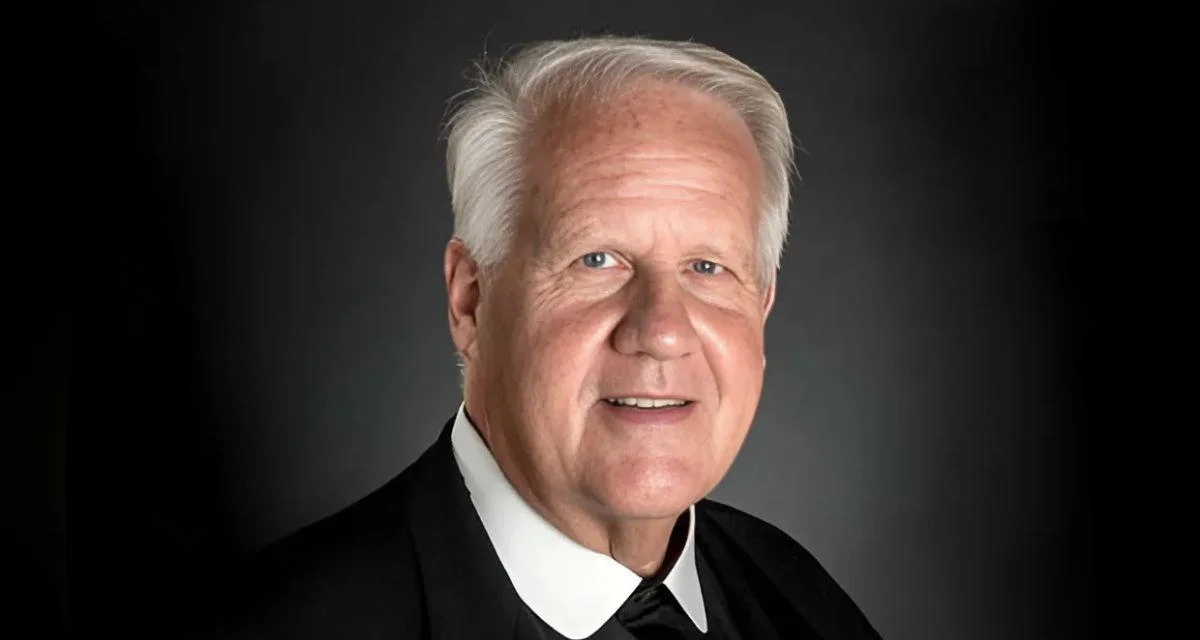
Joseph J. Foy, Ph.D. President | Benedictine University
Niina Ronkainen, a Professor of Physical Sciences, has recently published a chapter in the book "Engaging Chemistry Students with Real-World Context: Volume 1." The chapter titled "Bringing Chemistry to Life in the Classroom" discusses the challenges faced by both students and instructors when teaching and learning chemistry.
According to Ronkainen, chemistry is often perceived as a difficult subject for students to grasp, as it is often taught in an abstract manner that fails to connect with their everyday experiences. To address this issue, she emphasizes the importance of incorporating real-world examples into the curriculum. Ronkainen believes that when students can relate the concepts to their own lives, they become more engaged and motivated to learn.
In her chapter, Ronkainen provides educators with practical examples of how to integrate real-world context into their courses. She highlights the need for time, effort, and resources to incorporate these examples effectively. The chapter offers guidance on finding appropriate real-world connections for different courses and students.
Another chapter authored by Ronkainen titled "Ethics Assignments in Graduate Biochemistry Course" focuses on the integration of ethics into science programs. Ronkainen argues that ethics is a crucial learning outcome for scientists and healthcare providers, given its relevance to their professional endeavors. She describes how she has integrated ethics assignments into biochemistry courses, aligning them with current issues, research discoveries, and technological advancements.
Ronkainen's approach aims to cultivate literate critical thinkers and problem solvers in the digital era. By using relevant context in assignments and instruction, she has found that student engagement and motivation improve. The chapter explores various ethical scenarios, ranging from lead in potable water to the falsification of data in research. Students are encouraged to reflect on their responsibilities, values, and behavior as future professionals.
"Engaging Chemistry Students with Real-World Context: Volume 1" is edited by Daniel B. King from the Chemistry Department at Drexel University and Gail H. Webster from The POGIL Project. The book provides valuable insights and resources for educators interested in enhancing student engagement in chemistry.
Ronkainen's contributions to the book demonstrate her expertise in the field of chemistry education. Her innovative approach to teaching and learning has the potential to benefit instructors and students alike. By incorporating real-world examples and ethics assignments, educators can create a more meaningful and engaging learning experience for their students.
To learn more about Benedictine's Physical Sciences programs, visit their website.



 Alerts Sign-up
Alerts Sign-up